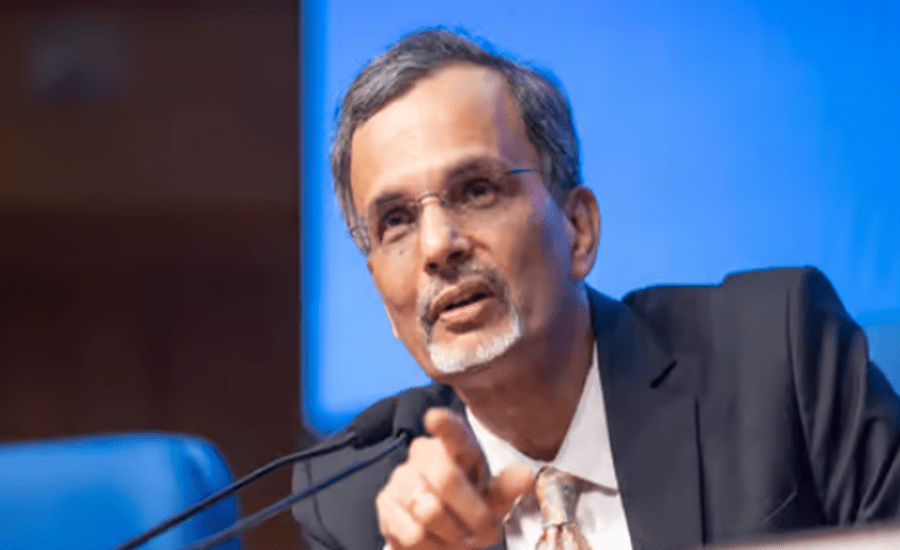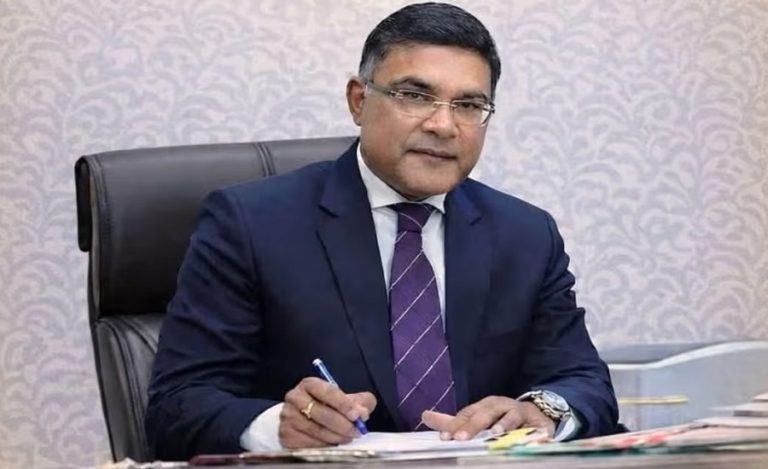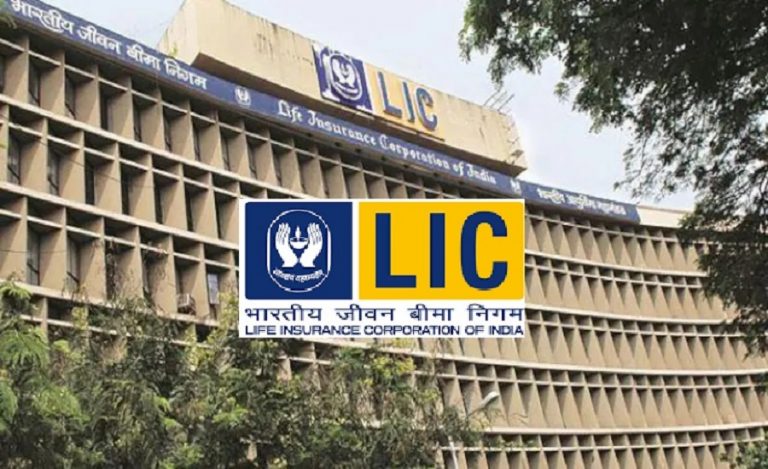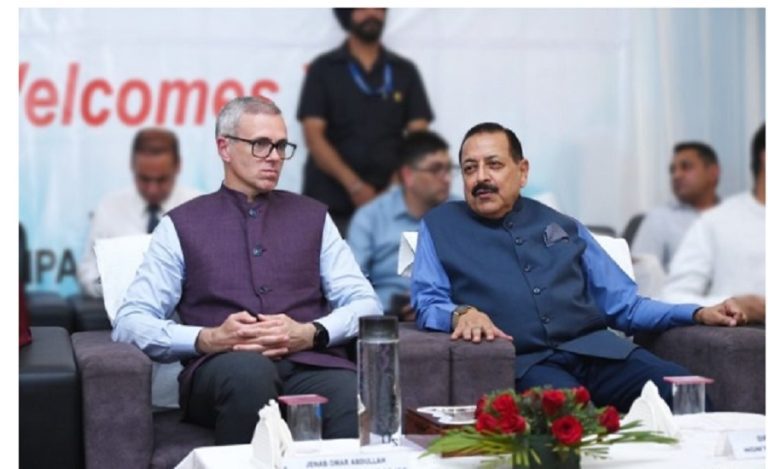Kolkata: Chief Economic Advisor (CEA) to the Government of India, Dr. V. Anantha Nageswaran, has urged for a balanced approach to India’s energy transition, cautioning that the path toward sustainability must not compromise economic growth and fiscal stability. Speaking at the Bengal Chamber AGM and the Indo-Pacific Economic Conclave in Kolkata, Dr. Nageswaran emphasized that “critical trade-offs” exist between climate ambitions and development goals, especially for emerging economies like India.
“Sustainability Cannot Come at the Cost of Development”
Dr. Nageswaran asserted that India’s energy demands will continue to grow in proportion to rising per capita incomes, making it impractical to impose limits that are misaligned with the country’s growth trajectory. He emphasized that India has been a standout among G20 countries in climate mitigation, but for a developing country targeting developed-nation status by 2047, the transition must be strategically paced.
“Energy transition and dealing with climate change must not consign India—or any developing country in the Indo-Pacific and Africa—to permanent underdevelopment,” he warned.
Read also: India Clarifies No Plans to Replace US Dollar as Global Trade Currency, Says Chief Economic Adviser
Critique of Carbon Budgeting and Climate Goal Imbalance
Calling the carbon budget allocation to developing nations “arbitrary,” the CEA highlighted how historical emissions by developed nations have been overlooked. He questioned the fairness of holding countries like India to the same emission constraints, when developed nations have already overdrawn from the global carbon budget for over two centuries.
In this context, he argued that Sustainable Development Goals (SDGs)—framed before the Paris Climate Agreement—should take precedence over climate targets, especially in the short and medium term.
“It is appropriate that both temporarily and logically, SDG goals take precedence over climate goals,” he said.
Fiscal Risks: Phasing Out Fossil Fuels Too Quickly
A major highlight of Dr. Nageswaran’s address was the fiscal vulnerability of rapidly moving away from fossil fuels. He pointed out that the government currently collects ₹7.5 lakh crore annually from petrol, diesel, and coal cesses.
“A rushed transition could erode a major source of public revenue and create instability,” he noted.
He also warned of the banking risks associated with stranded assets if thermal power plants are prematurely retired, potentially triggering undercapitalised banking scenarios.
India Must Expand Its Energy Mix Beyond Solar and Wind
While acknowledging India’s progress in solar and wind energy, the CEA advocated for a broader and more balanced energy mix, urging the inclusion of hydropower and nuclear energy as reliable baseload sources.
He noted that the Union Budget 2025 had already proposed private sector participation in nuclear energy and amendments to the Civil Nuclear Liability Act to enable foreign collaboration.
Shift Focus Towards Climate Adaptation
Highlighting the increasing unlikelihood of limiting global temperature rise to 1.5°C, Dr. Nageswaran suggested that climate adaptation is now a more realistic and viable goal than aggressive emission mitigation.
Proposed adaptation measures included:
- Seawalls and coastal zoning
- Energy efficiency upgrades
- Improved public transport and last-mile connectivity
- Reviving traditional practices like rainwater harvesting and temple tanks
Lifestyle, Equity, and Circular Economy
Dr. Nageswaran also addressed the need to avoid Western-style consumption patterns, especially high per capita vehicle ownership and electricity use. He emphasized citizen participation, public investment, and promotion of circular economy models to ensure a sustainable future.
“India cannot afford the high per capita electricity-intensive living standards of the West,” he said.
Energy Transition with Pragmatism
The CEA’s message was clear—India’s energy and climate policy must be grounded in economic pragmatism, social equity, and global fairness. While committed to sustainability, India must ensure its development goals are not sacrificed in the name of rapid decarbonisation, especially without adequate global support.
Read also: DFS Organises PSB Manthan 2025 to Chart Future Roadmap for Public Sector Banks






























